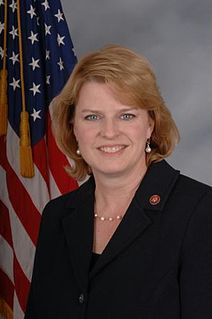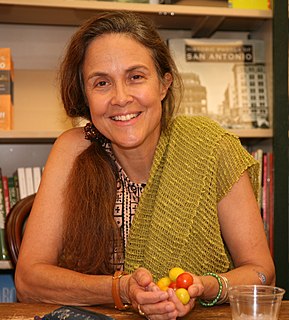A Quote by Mairead Corrigan
When I visited Auschwitz I was horrified. And when I visited Iraq, I thought to myself, 'What will we tell our children in fifty years when they ask what we did when the people in Iraq were dying.'
Related Quotes
Since United States military operations in Iraq began in 2003, I have visited Iraq at least 15 times. But unlike politicians who visit, the question for me has never been why the U.S. got into Iraq. Instead, as the CEO of Blackwater, the urgent question was how the company I head could perform the duties asked of us by the U.S. State Department.
Just as plagues were visited on Pharaoh so will pestilences and disasters be visited on the white man. Why, it has already started: God has begun to send them heat when they expect cold; he sends them cold when they expect heat. Their crops are dying, their children are being born with all kinds of deformities, the rivers and lakes are coming out of the belly of the earth to wash them away.
There's no violence worse than the violence of Iraq. For the last fifty years Iraq has been living a nightmare of violence and terror. It's been a horrible experience and people in Iraq will need a lot of time and work to get over the disastrous effects. But first we have to think about how to stop the violence, so that the bloodshed stops. In spite of everything, on the personal level I don't easily lose hope.
It's harder to end a war than begin one. Indeed, everything that American troops have done in Iraq -- all the fighting and all the dying, the bleeding and the building, and the training and the partnering -- all of it has led to this moment of success. Now, Iraq is not a perfect place. It has many challenges ahead. But we're leaving behind a sovereign, stable and self-reliant Iraq, with a representative government that was elected by its people. We're building a new partnership between our nations.
At the final day the Savior will not ask about the nature of our callings. He will not inquire about our material possessions or fame. He will ask if we ministered to the sick, gave food and drink to the hungry, visited those in prison, or gave succor to the weak. When we reach out to assist the least of Heavenly Father’s children, we do it unto Him. That is the essence of the gospel of Jesus Christ.
During the Gulf War, I remember two little third grade girls saying to me - after I read them some poems by writers in Iraq - 'You know, we never thought about there being children in Iraq before.' And I thought, 'Well those poems did their job, because now they'll think about everything a little bit differently.'





































